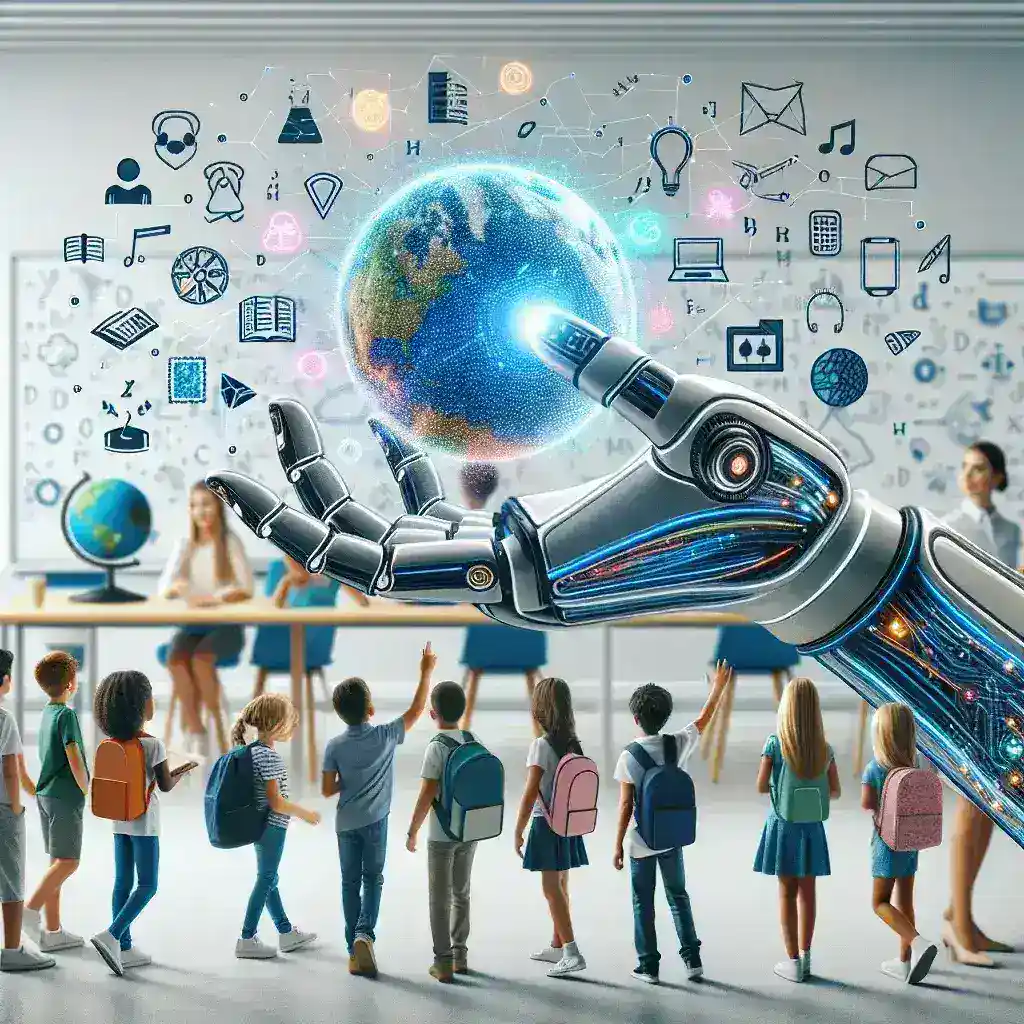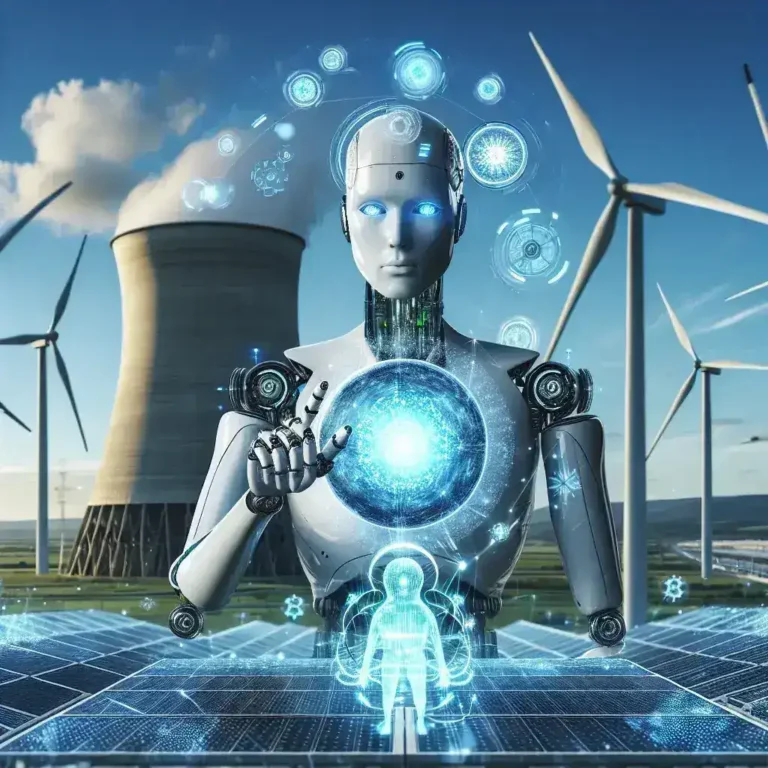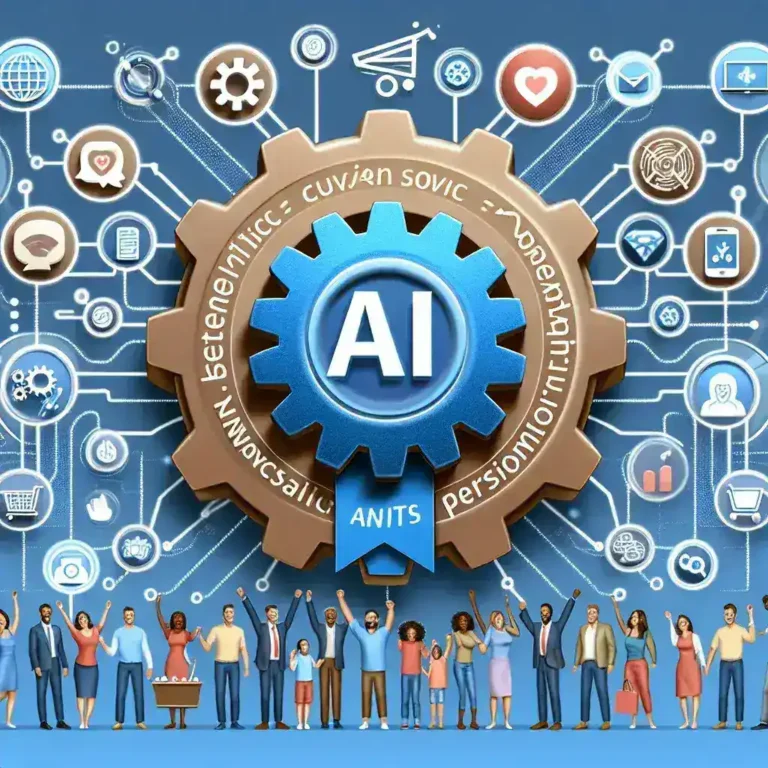The Evolution of Personalized Learning
Personalized learning has always been a desirable but challenging aspect of education. Traditional methods often fail to address the unique needs of each student, due to limitations in resources and time. However, the advent of Artificial Intelligence (AI) is revolutionizing this space, making personalized learning not only possible but also highly efficient.
What is Personalized Learning?
Personalized learning tailors educational experiences to meet individual learner’s needs, preferences, and interests. It diverges from the one-size-fits-all approach, allowing students to learn at their own pace and style. This educational strategy has been empirically proven to enhance understanding, retention, and overall academic performance.
The Emergence of AI in Education
Artificial Intelligence has found its way into various sectors, and education is no exception. AI encompasses a range of technologies capable of mimicking human intellectual processes, such as learning, reasoning, and problem-solving. The fusion of AI with personalized learning offers groundbreaking solutions for educators and learners alike.
Key Benefits of AI in Personalized Learning
1. Adaptive Learning Systems
One of the primary advantages of AI is its capacity for adaptive learning. AI algorithms can analyze a student’s performance in real-time, offering customized recommendations to address weaknesses and build on strengths. For example, if a student struggles with a particular concept, the system can generate additional exercises for practice.
2. Efficient Resource Allocation
AI can help in the distribution of educational resources more efficiently. By identifying areas where a student requires additional support or materials, AI minimizes wastage and ensures that resources are allocated where they are most needed.
3. Enhanced Engagement
Personalized learning powered by AI can significantly boost student engagement. Interactive AI-driven platforms offer engaging activities and projects tailored to student interests, making learning more enjoyable and effective.
4. Real-Time Feedback
Immediate feedback is crucial for effective learning. AI systems can provide real-time feedback, enabling students to understand their mistakes instantly and learn from them right away. This immediate corrective action enhances the overall learning curve.
5. Scalability
Traditional personalized learning strategies often require significant human resources, making them difficult to scale. AI solves this problem by automating the personalization process, allowing it to be scaled across entire institutions or even education systems.
Challenges of Implementing AI in Personalized Learning
1. Data Privacy Concerns
AI systems rely on vast amounts of data to provide personalized recommendations. While this data-driven approach is effective, it raises issues related to data privacy and security. Institutions must take significant measures to ensure that student data is protected.
2. High Initial Costs
The development and implementation of AI systems can be costly. While the long-term benefits often outweigh these initial investments, the upfront costs can be a barrier for many educational institutions.
3. Dependence on Technology
An over-reliance on technology can sometimes be detrimental. Both teachers and students must strike a balance to ensure that AI serves as an aid rather than a crutch.
4. Ethical Considerations
The use of AI in education also necessitates ethical considerations. Questions around the fairness of AI algorithms, the potential for bias, and the long-term implications on teaching methods need to be addressed.
Future Prospects
The role of AI in enhancing personalized learning is still in its nascent stages, but the potential is immense. Future advancements could lead to even more sophisticated learning systems that offer unprecedented levels of personalization. Integration with emerging technologies like Augmented Reality (AR) and Virtual Reality (VR) may further augment the learning experience.
AI-driven Tutoring Systems
AI tutoring systems can provide round-the-clock support, offering assistance beyond the classroom and adapting lesson plans in real-time. These systems aim to replicate one-on-one tutor experiences with the added advantage of being available 24/7.
Global Accessibility
One of the most promising aspects of AI in education is its potential to make personalized learning accessible globally. AI-driven platforms can bridge educational gaps, providing quality learning resources to remote and underserved areas.
Collaborative Learning
AI can also foster a collaborative learning environment. By gathering and analyzing data on student interactions, AI can facilitate group projects and activities that are better tailored to group dynamics and individual capabilities.
Conclusion
AI is undoubtedly a transformative force in the realm of personalized learning. While there are challenges to overcome, the benefits far outweigh the drawbacks. As technology continues to evolve, the role of AI in education will become increasingly significant, offering new pathways for effective, engaging, and inclusive learning experiences.



